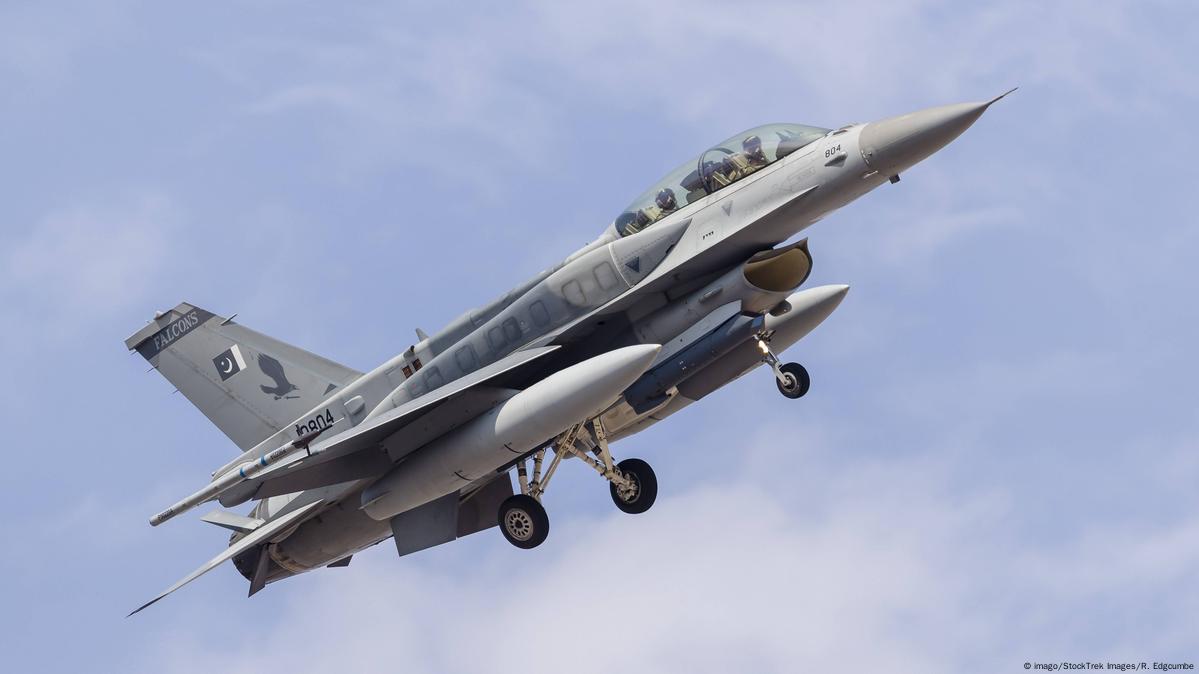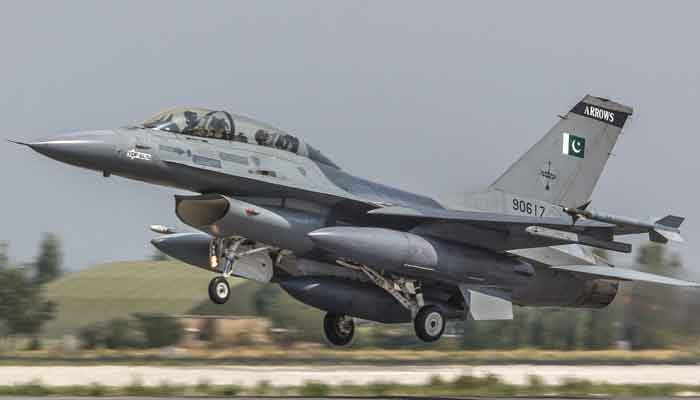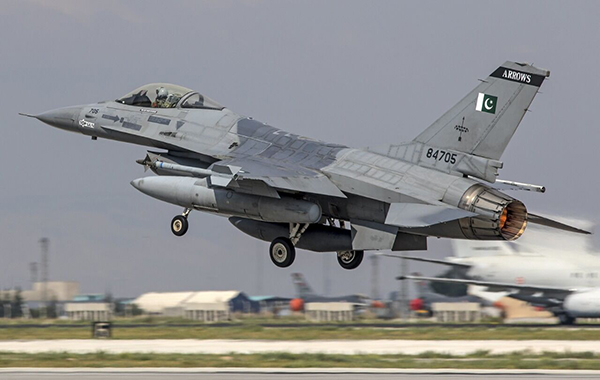
As a strategic move, the Trump administration released $397 million in previously frozen aid to support a U.S.-backed program in Pakistan. This initiative aims to exclusively use Pakistan’s fleet of U.S.-manufactured F-16 fighter jets for counterterrorism operations, thereby preventing their deployment against neighbouring India.
Background of the Aid Freeze
Shortly after assuming office on January 20, 2025, President Trump issued Executive Order 14169, titled “Reevaluating and Realigning U.S. Foreign Aid.” This order mandates a 90-day suspension of all U.S. foreign development assistance programs in order to facilitate a comprehensive review. The suspension affected a wide range of programmes, from anti-starvation initiatives to shelters.The suspension has impacted displaced populations globally.

Exemptions Favoring Security Programs
The aid freeze was broad, but exemptions worth $5.3 billion were still approved. Most of this, around $4.1 billion, went to the State Department’s Bureau of Political-Military Affairs. That bureau manages military aid and oversees arms sales across the world. Humanitarian efforts received little support, with USAID getting less than $100 million in exemptions.
Ensuring Proper Use of F-16s in Pakistan
Pakistan has specifically designated $397 million to monitor the use of its F-16 fleet. This measure seeks to ensure that these advanced aircraft are employed solely in counterterrorism missions and not in conflicts with India. This decision comes in the wake of allegations in 2019 that Pakistan deployed U.S.-supplied F-16s during an aerial skirmish over Kashmir.
Global Implications of the Aid Suspension
The aid freeze has had far-reaching consequences, disrupting numerous humanitarian programmes worldwide. The aid freeze has adversely affected initiatives combating malaria in Ghana and Kenya, HIV treatments in Haiti, and food distribution efforts in Myanmar. U.S. officials dismiss or exclude aid organisations from discussions due to widespread confusion and a lack of communication.

Judicial Intervention and Administrative Response
In response to legal challenges, federal judge Amir Ali ordered the administration to lift the freeze on nearly all foreign aid. However, the administration has continued to withhold funds for numerous contracts and grants, citing the need for individual reviews. This stance has drawn criticism from aid organisations, which emphasise the detrimental impact on vulnerable communities reliant on U.S. assistance.
Conclusion
The selective release of funds underscores the administration’s prioritisation of security interests over humanitarian concerns. While the allocation for monitoring Pakistan’s F-16s aims to bolster counterterrorism efforts The broader aid suspension continues to make it difficult to coordinate global humanitarian initiatives.
References
- “US releases $397m for Pak F-16s monitoring,” The Express Tribune.
- “The U.S. exempts security funds from the aid freeze—but little for humanitarian programs,” Reuters
- “US unfreezes $397 million to ensure Pakistan Pakistan’s F-16 jets will focus on ‘counterterrorism’, according to Business Recorder.
- “Trump’s aid freeze sparks mayhem around the world,” Reuters.
- A judge has once again ordered the US to unfreeze foreign aid but has stopped short of holding anyone in contempt, according to Reuters.







